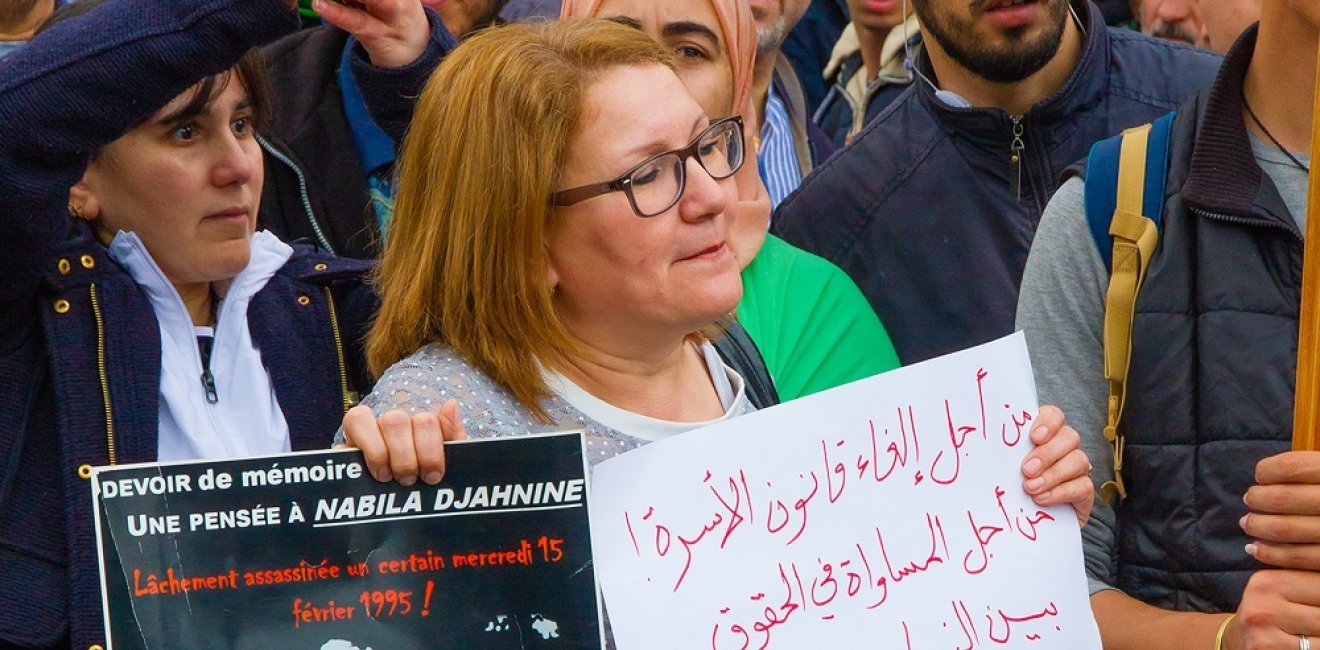
A blog of the Middle East Women's Initiative
For centuries, playing the culture card has served as a tool for excluding women from any sort of development; even if cultural mindsets remain an important element in any society, it should never dismiss or supersede any law.
Advancing women’s rights in not the main issue. Rather, it is how MENA societies deny half their population the freedom to choose, to prosper, and in some extreme cases to exist. Such actions impede these nations from achieving robust development in the foreseeable future.
Looking at the Algerian example, women are indeed protected from different angles. The constitution, in fact, addresses its citizen without any distinction of gender: “Art. 32. - Citizens are equal before the law, without prevailing any discrimination because of birth, race, sex, opinion or any other condition or circumstance personal or social.” The law only refers specifically to women in an amendment referring to women political participation. Other than that, women and men are equal citizens. This same principal is reflected in labor law, nationality law, investment law, etc.
However, the main issue resides in the implementation of these laws. The challenge is whether any woman can dare ask for her rights without being blackmailed by her family, neighbors or society for doing something that is “culturally unacceptable.”
For centuries, playing the culture card has served as a tool for excluding women from any sort of development; even if cultural mindsets remain an important element in any society, it should never dismiss or supersede any law.
This confusion is exacerbated by the Algerian family code, which since 1984, restricted women to a secondary role and thus created double standards in society and in the legal code. An Algerian woman can become a judge, a lawyer, a minister, a doctor, or a politician, but these positions come after her role as a daughter, a mother, or a wife.
Today, in the midst of its economic struggle, Algeria needs to end its double standard and start valuing its citizens equally. This requires taking corrective actions, reinforcing the implementation of laws, and repealing discriminatory legal texts like the family code.
Author


Middle East Women's Initiative
The Middle East Women's Initiative (MEWI) promotes the empowerment of women in the region through an open and inclusive dialogue with women leaders from the Middle East and continuous research. Read more

Explore More in Enheduanna
Browse Enheduanna
Women are the Catalysts for Change in Lebanon

How Education Can Empower Young Women in MENA


